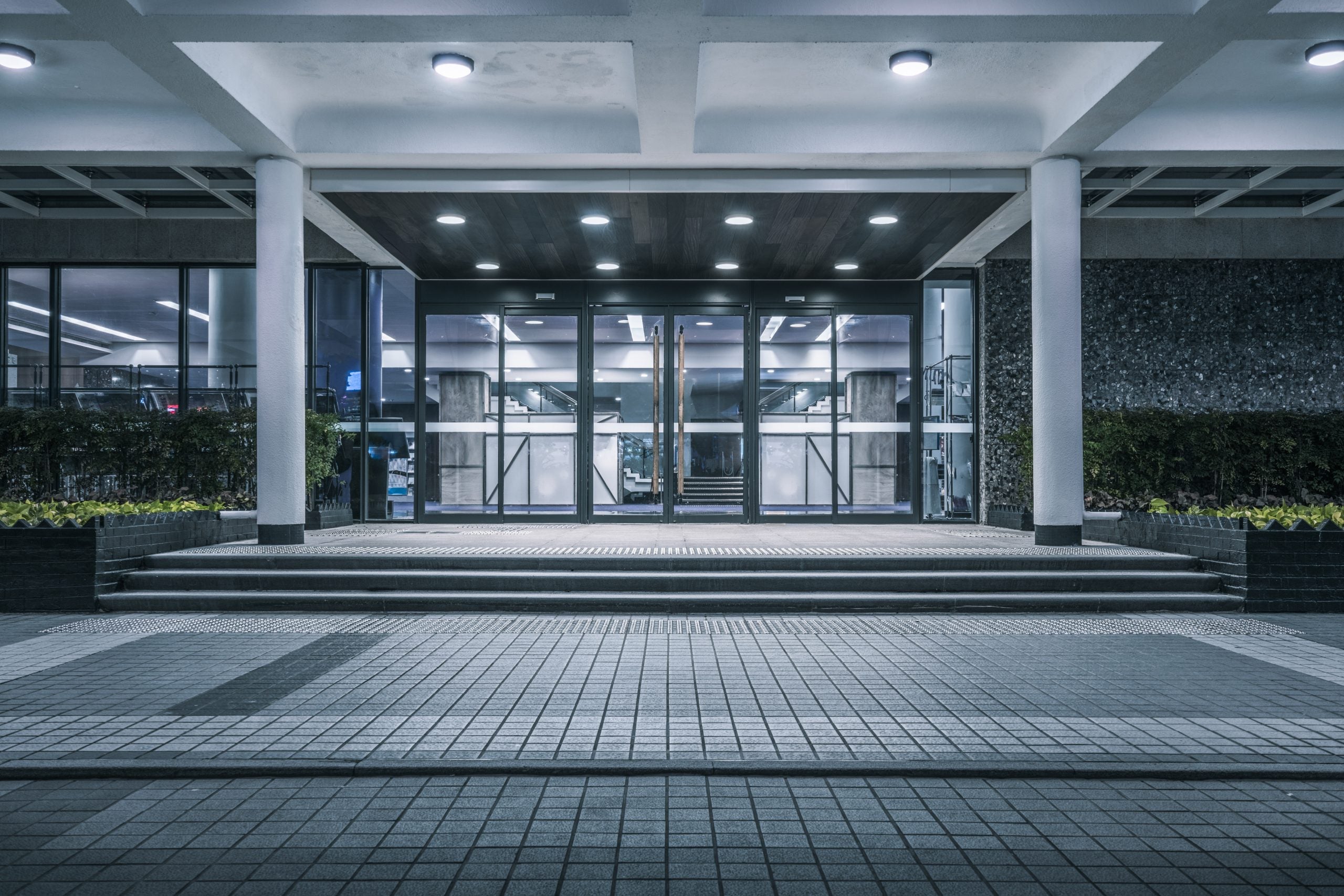The COVID-19-related shutdown of 2020 hit the worldwide economy hard, and perhaps none more so than the hotel industry. Lack of travel for business and leisure left the hospitality industry in tatters and the industry is just now beginning to stabilize.
Singapore-listed Eagle Hospitality sold off many of its hotel holdings in an auction earlier this month. The $470 million dollar portfolio was put up for auction with individual holdings and the entire lot available to be sold. A few hotels in that lot were Hilton Atlanta Northeast.
MORE: How Downtown Augusta Survived the Pandemic: Commitment, Investment, Adaptation and Energy
“This is an important step for Eagle Hospitality Trust,” said Alan Tantliff, interim restructuring officer for the company. “The company has been challenged by a number of factors including the tenants’ defaults, allegations of mismanagement and fraud, along with challenges presented by COVID-19.”
[adrotate banner=”19″]
While the hotel industry wasn’t felled solely by the worldwide pandemic, it only made matters worse for an industry so dependent on loans and financing. The federal government aided the hotel industry via the CARES Act by providing two rounds of Paycheck Protection Program loans to hotels.
The program allowed for hotel owners to retain workers at 2.5 times their monthly payroll plus additional expenses. The second round of loans were opened up due to the strain on the industry and owners both new to the program and existing got help.
“First draw loans are specifically for hoteliers who did not receive PPP funding during the first round of loans in 2020 and have 500 or fewer employees. The second draw focuses on businesses who have used the entirety of their first PPP loan and are looking for additional support. These hotels must have 300 or fewer employees to be eligible. Within the second draw, employers must show a 25% or greater reduction in gross revenue through one of two ways: providing proof of their 2020 annual gross revenue (as reported on the tax return) compared to 2019, or showing gross revenue in any quarter of 2020 compared to revenue in the same quarter of 2019,” all according to HotelBusiness.com.
[adrotate banner=”22″]
Hotels are so dependent on financing and loans due to the wavy nature of the business. Certain hotels have times of the year when they’re busy and other times when they’re in a dead zone. It can be hard for hotels to get a loan normally unless through a hotel-specialized lender due to their familiarity with a hotel’s uneven profits throughout the year.
In spite of all this, hotel occupancy had recent spike, up to 49%, the highest mark since August 2020. It’s still down from 69% at this time last year, but it’s improvement for an industry in decline.
MORE: Augusta Regional Director Herbert Judon Talks Business Uptick
Some investors are betting on a bounce-back in the future, as a $6 billion dollar hotel buy took place recently when Blackstone Group and Starwood Capital Group, two investment firms, bought Extended Stay America, according to the Wall Street Journal.
The return of Masters patrons to the Augusta area, albeit a limited number, should benefit hotels that struggled without travelers over the past year.
Tyler Strong is the Business Editor for The Augusta Press. Reach him at tyler@theaugustapress.com
[adrotate banner=”49″]










